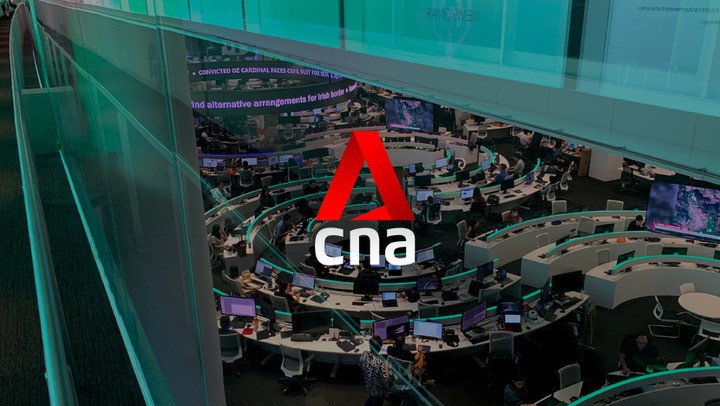 Daniel PS Goh
Daniel PS Goh
Memories of My PM III: Conspiracy
1987 was a watershed year for me. When the "Marxist conspiracy" arrests broke, it hit home what my dad found most disagreeable about PM Lee's methods. My dad was no liberal and often lambasted the hypocrisy of the West in championing freedom and human rights and then napalming whole villages in defense of it. He grew up with the Vietnam War. His view was simple; one just does not treat people, especially your own people, cruelly because everyone was someone's parent, child, spouse or sibling. He was a family man.
I grew up with democracy movements changing regimes in Asia, in which the Catholic Church was deeply involved. First it was Kim Daejung rallying crowds at the Minjung Cathedral, then Corazon Aquino with priests and nuns occupying the streets of Manila. I was only 13 turning to 14 years old. There was a vague sense of excitement and the significance of the events. In Singapore, the writings on justice, equality and democracy by the Church's Justice and Peace Commission struck a deep chord, not least because these were the same ideals I recited in the National Pledge and honoured in the flag, every weekday in school.
It thus came as a shock to me when the "conspiracy" arrests happened. The tone of the weekend mass changed. We held hands to pray for the detainees, many of whom were church workers and volunteers. People wept, the priest's voice quivered as he read Archbishop Yong's message supporting the detainees. There was an air of uneasiness. The adults looked genuinely concerned about the detainees and worried about the impending showdown. Someone in earshot said that the church workers were just doing their duty helping abused Filipino maids, who were fellow Catholics. A less idealistic man said he couldn't believe he now had to choose between PM Lee and Archbishop Yong.

I was very affected, in a hazy way, and I didn't want to celebrate my 14th birthday amidst the crisis. Then came a further shock when I saw the photo of the PM with the Archbishop on the front page of the newspapers. The Church changed its tune, and I saw the foibles of temporal powers for the first time. I asked my dad what the heck was going on. His cynicism was now full blown. Damn typical, he said, this was why we would not progress. He told me with much anger in his voice, and this was the third shock, to consider emigration: "go study overseas and don't come back; your mum and I will stay, we built our lives here with this country and no angmoh country will have a place for us; you are different, you are still young." Habitual repression had shaped habitual anger and the instinct to flee.
That's how I began to become my own person, with the three shocks that my PM inadvertently brought about in my life because of his brutal reasoning. Events unfolded with much more clarity to me hence, bringing impressions and lots of questions in their wake. I attended my first political rally during the 1988 GE and witnessed the very close results at Eunos GRC, when JBJ's WP with Francis Seow in the team came super close to winning. I wasn't convinced it was a good thing. Too much habitual anger and amidst the fighting, the people, those who could not afford to flee, were forgotten. I shed tears for Mandela's release, the detention of Aung San Suu Kyi and the fall of the Berlin Wall, and hoped something like Taiwan's gradual democratisation would happen to Singapore. Something brought me to a muddy field in Hougang for a political rally in GE 1991, and a fresh impression stuck, no habitual anger, but a cool, dignified reasoning focused on the people, in Teochew somemore, my mother tongue.
My PM looked tired and when he started to make way for GCT, it seemed like the "conspiracy" took a toll on him. He was an excellent leader who led a team that brought us all together in difficult times to survive and thrive against all odds, who took upon himself to carry the moral burdens of making very difficult decisions with terrible tradeoffs, and sometimes these were mistakes. But who else would carry the burdens with ruthless honesty and not care about name and legacy, vitriol and karma?
I wished he had better political counsel though; the "conspiracy", I thought, was a big mistake. Nevertheless, it helped me unwind the orthodoxies that would have bound me otherwise: Catholicism, socialism, liberalism, pragmatism, democracy, and the thought shadows of fathers -- my dad, my PM himself and future mentors of all stripes. The detentions freed (ironically) me to ask questions about the state and about society, about the world and nation, about history and my life, which made me change tracks from science to social science. To some PM Lee was not the philosopher-king that others hailed him to be. To me he was, in the sense of the sovereign who opened up worlds of wisdom for me.
















 Chen Jiaxi Bernard
Chen Jiaxi Bernard











